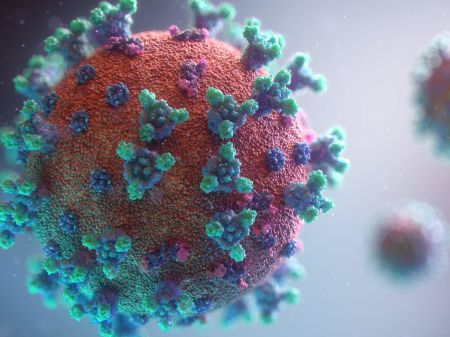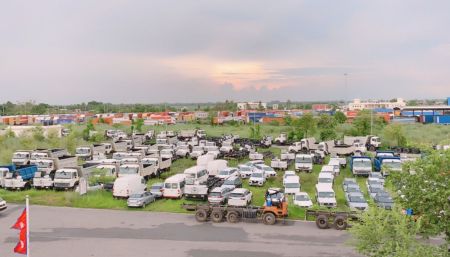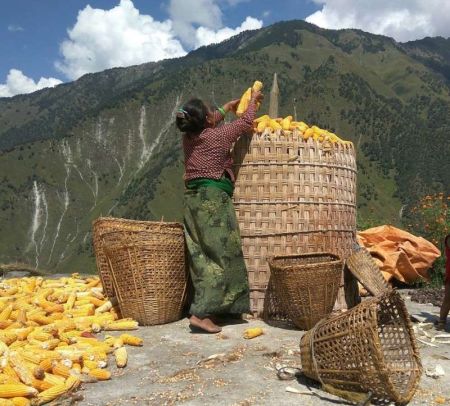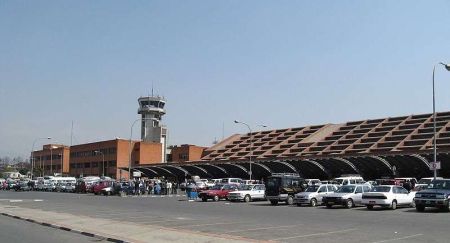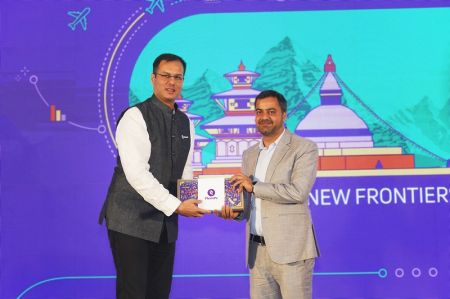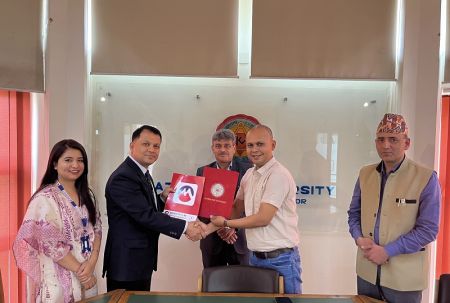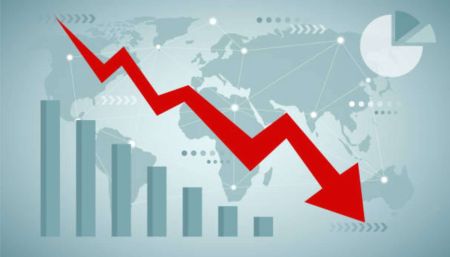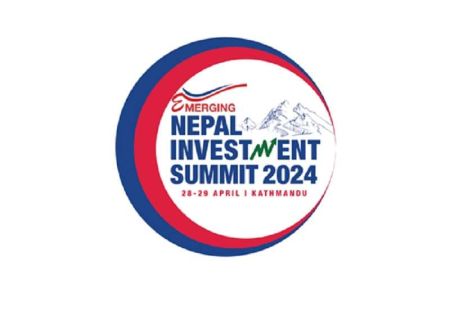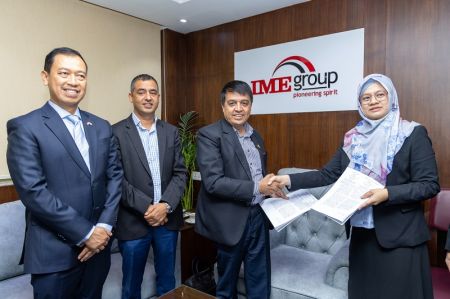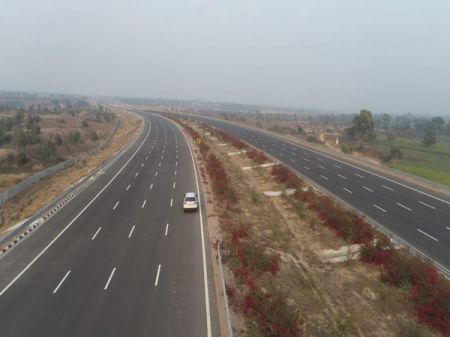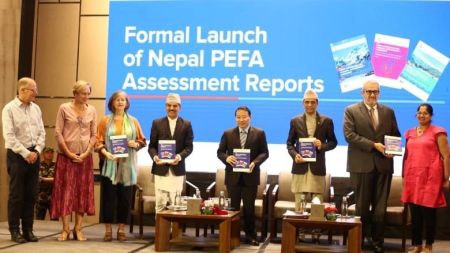June 15: Industries in the Bara-Parsa corridor have been plagued by recurring problems in power supply. The industrialists have accused Nepal Electricity Authority (NEA) of ignoring improvement in supply of electricity despite repeated requests.
According to the industrialists, the supply to the big industries has not been regular for three days. Those industries received electricity from the NEA's 66 KV transmission line. About half a dozen industries in the corridor that use electricity from this transmission line have been affected.
An industrialist said that they could not produce goods as NEA did not supply electricity regularly. NEA's Birgunj Distribution Center Chief Jitendra Kumar Jha admitted that there has been a problem in the supply of 66 kV transmission line.
Industrialists who have been facing a power crisis for the past one and a half months have started protesting against the authority.
"Due to NEA's weak infrastructure, industries that have built substations at their own expense to get supply from 66 kV transmission line have not even received regular supply of electricity," said an industrialist.
The industrialists have also informed the officials of the Birgunj Chamber of Commerce and Industry about the problem of power supply in the corridor. The chamber’s vice-president Madhav Rajpal said that there was no improvement in the situation despite repeated calls for NEA's attention.
Production in the corridor was halted for about a week after NEA cut off electricity to the industry in the second week of April due to lack of energy.
The industrialists said that there has been no regular supply of electricity in the corridor since then.
Those industries that are supplied electricity are also affected by power fluctuation. Such industries are currently facing the problem of unannounced load shedding and tripping.
NEA has been shutting down the power supply for hours a day without any notice. The industrialists have demanded regular and standard quality electricity saying that tripping 8/10 times a day results in wastage of raw materials of the industry, equipment get damaged, and causes problems in quality assurance.
Entrepreneurs are outraged that NEA has not improved the service despite repeated requests. "Requests have not been heard. Now we have to demonstrate against the authority,” said an industrialist.
Iron, textile, pharmaceutical, and furnace-based industries are most affected. NEA has been saying that more tripping occurs when the electricity demand is high due to the weak capacity of the Birgunj-Parwanipur transmission line.




